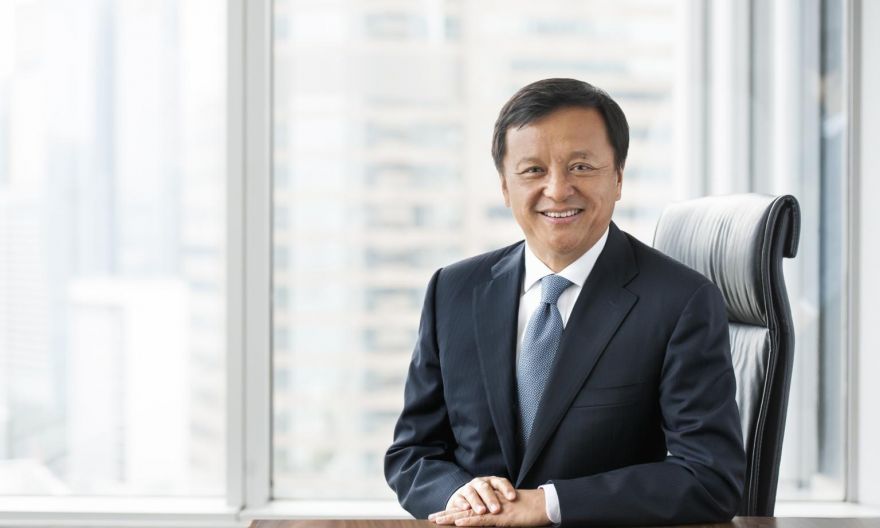Former Hong Kong exchange CEO starts venture to invest in China’s small firms

HONG KONG (BLOOMBERG) – The man who engineered the landmark programme linking stock markets in mainland China and Hong Kong is now offering a fresh way to invest in the world’s second-biggest economy.
Just eight months since he left the chief executive job at Hong Kong Exchanges and Clearing, Mr Charles Li this week launched a platform called Micro Connect, a venue that will seek to link foreign capital to small businesses across China.
But the start comes at a turbulent time for foreign investors in China as Beijing has sent shock waves through the markets by cracking down on its big technology giants, halted its massive for-profit education sector and continued to rein in its property developers. Markets have tanked, wiping away US$1 trillion (S$1.35 trillion).
In an interview on Thursday (Aug 5), Mr Li shrugged off the growing risks for investors in China, arguing his new project is in fact “on the right side of history”.
Investors are now more seriously reading up on what Chinese President Xi Jinping has said in the past for clues about what direction China is heading in and where to place money. Mr Xi has repeatedly called for a bigger pivot to support China’s real economy, broadening its base and combating the nation’s inequality.
Mr Li’s new project, which he has funded out of his own pocket with partner Gary Zhang, the CEO of the Hong Kong-listed Oriental Patron Financial Group, will offer institutional investors a way of making equity-like bets on a portfolio of small enterprises and gain a direct share of the revenue.
The platform is designed to share income on a daily basis through a system of digital controls, said Mr Li, who was confident that the model would be immune from recent wave of regulatory curbs.
“We’re not consuming funding from the public source,” he said. “We are not creating a systematic risk to China’s financial system. We are spending on places where real financing should have been.”
International investors will be most likely use the wholly owned foreign enterprise avenue when making investments, and will be subject to capital controls, Mr Li said. He expected to reach a milestone of investing 10,000 enterprises in the first year, and expand to 100,000 in five years.
Mr Li also said that the recent crackdown that has impacted bigger firms such as Didi Global and Tencent Holdings, which he actively promoted during his time at the exchange, should not have come as a surprise.
“If the market follows China really carefully, with a strong analytical insight, we should know that this is coming,” Mr Li said.
Whenever a business is involved in the most vulnerable parts of society or grows too big, one should expect a “rightful” regulatory intervention, he said.
Echoing other executives, Mr Li said that Hong Kong’s attractiveness as financial hub has not been fundamentally changed by Beijing’s tightening grip following the imposition of a national security law last year.
“Business is going to find a way to understand it,” he said. “I personally believe business has found the right balance. The broader consensus is that it’s different, but it hasn’t fundamentally changed the fact that this is still the best place if you want to be in China.”
